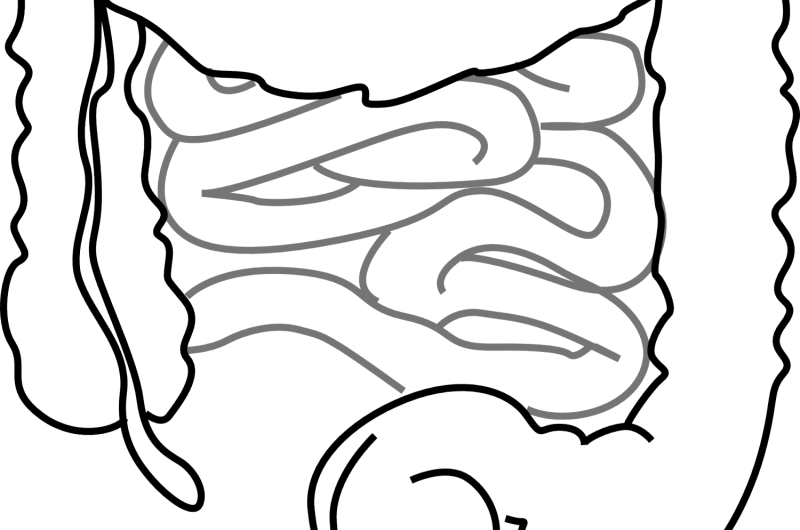Social stress leads to changes in gut bacteria, study finds

Exposure to psychological stress in the form of social conflict alters gut bacteria in Syrian hamsters, according to a new study by Georgia State University.
It has long been said that humans have "gut feelings" about things, but how the gut might communicate those "feelings" to the brain was not known. It has been shown that gut microbiota, the complex community of microorganisms that live in the digestive tracts of humans and other animals, can send signals to the brain and vice versa.
In addition, recent data have indicated that stress can alter the gut microbiota. The most common stress experienced by humans and other animals is social stress, and this stress can trigger or worsen mental illness in humans. Researchers at Georgia State have examined whether mild social stress alters the gut microbiota in Syrian hamsters, and if so, whether this response is different in animals that "win" compared to those that "lose" in conflict situations.
Hamsters are ideal to study social stress because they rapidly form dominance hierarchies when paired with other animals. In this study, pairs of adult males were placed together and they quickly began to compete, resulting in dominant (winner) and subordinate (loser) animals that maintained this status throughout the experiment. Their gut microbes were sampled before and after the first encounter as well as after nine interactions. Sampling was also done in a control group of hamsters that were never paired and thus had no social stress. The researchers' findings are published in the journal Behavioural Brain Research.
"We found that even a single exposure to social stress causes a change in the gut microbiota, similar to what is seen following other, much more severe physical stressors, and this change gets bigger following repeated exposures," said Dr. Kim Huhman, Distinguished University Professor of Neuroscience at Georgia State. "Because 'losers' show much more stress hormone release than do 'winners,' we initially hypothesized that the microbial changes would be more pronounced in animals that lost than in animals that won."
"Interestingly, we found that social stress, regardless of who won, led to similar overall changes in the microbiota, although the particular bacteria that were impacted were somewhat different in winners and losers. It might be that the impact of social stress was somewhat greater for the subordinate animals, but we can't say that strongly."
Another unique finding came from samples that were taken before the animals were ever paired, which were used to determine if any of the preexisting bacteria seemed to correlate with whether an animal turned out to be the winner or loser.
"It's an intriguing finding that there were some bacteria that seemed to predict whether an animal would become a winner or a loser," Huhman said.
"These findings suggest that bi-directional communication is occurring, with stress impacting the microbiota, and on the other hand, with some specific bacteria in turn impacting the response to stress," said Dr. Benoit Chassaing, assistant professor in the Neuroscience Institute at Georgia State.
This is an exciting possibility that builds on evidence that gut microbiota can regulate social behavior and is being investigated by Huhman and Chassaing.















